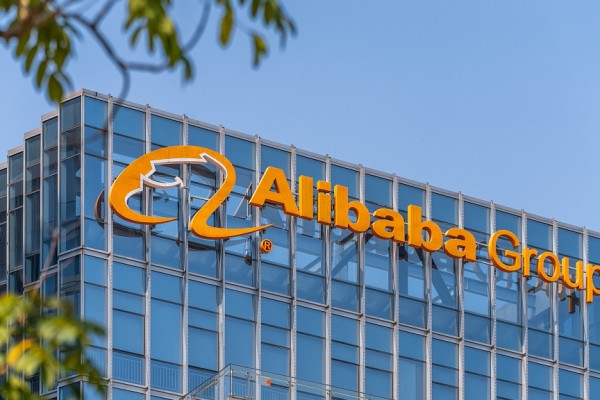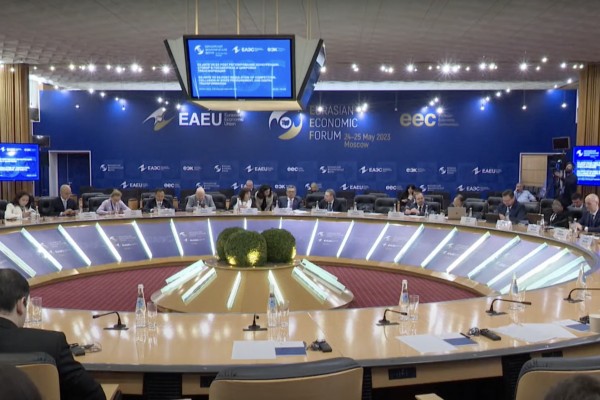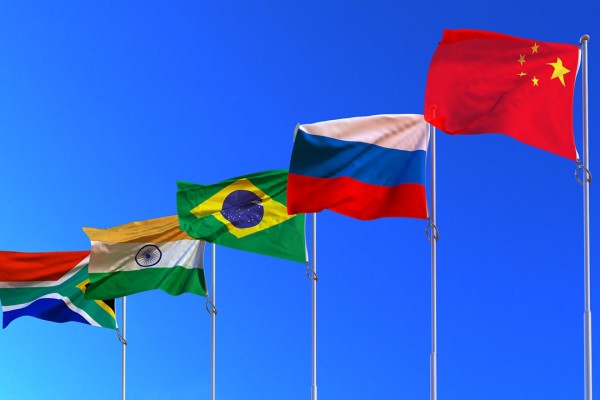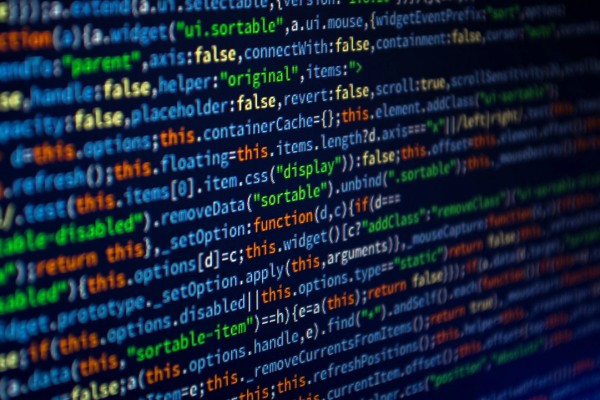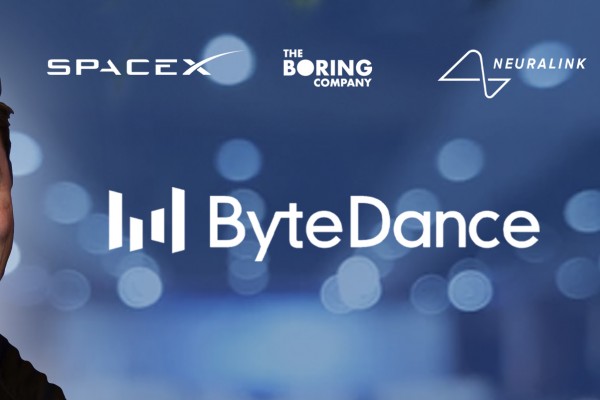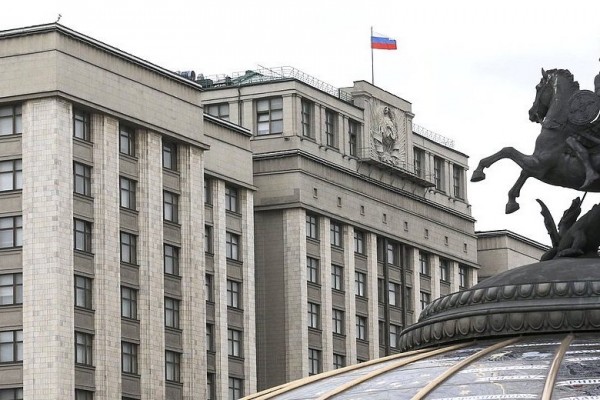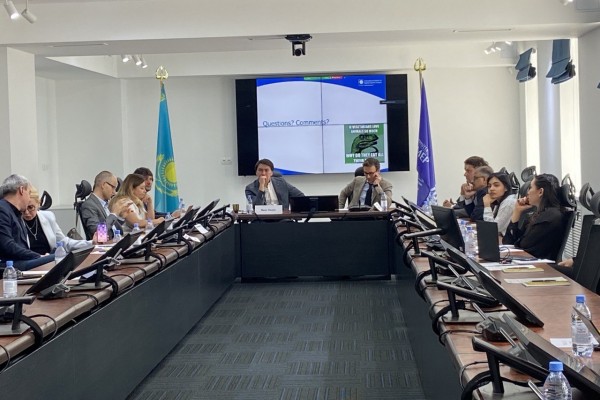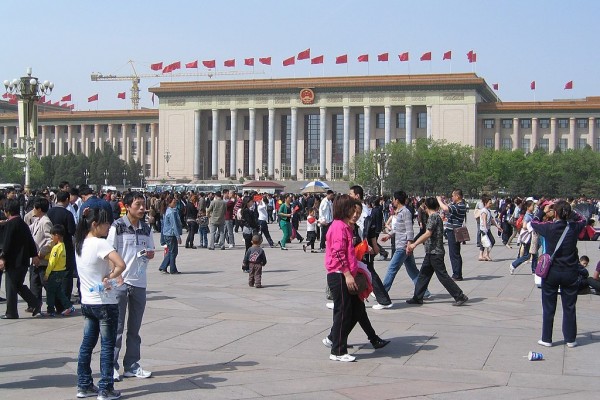The digital economy is a full-fledged and rapidly developing industry that has penetrated all spheres of life. The development of digital technology promotes innovation and underpins economic growth in the 21st century. Nevertheless, the reality of the new digital age is that governments need to keep pace with technology in order to ensure equal rules for all market participants and protect the population from any negative externalities of technological developments.
Negative effects of digitalization affect competition. The 4th Industrial Revolution has brought to the world new business models, as well as the latest information technologies to improve its competitiveness, such as artificial intelligence, the latest software, anti-competitive agreements concluded by robots without human presence, self-learning machines - all this requires close monitoring by antitrust regulators.
The research project aims to exchange of information on the experience of the BRICS countries in suppressing anticompetitive practices in the digital economy: combating cartels of a new type, through examination and discussion of cases; consideration of transactions of economic concentration in the digital age; development of new mechanisms to combat anti-competitive practices, adapted to digital reality.





